Wales Transition Lab: thinking differently holds the key
The Wales Transition Lab works cross-functionally with experts in a range of fields to reconnect food, health and nature across the entire region of Wales. Thomas Clegg interviews Andy Middleton to find out whether the Transition Lab is meeting Andy’s expectations.
For many young people like me, a recent university graduate just stepping into the workplace, the uncertainties surrounding Covid-19, Brexit, the US Presidential election, and climate change make the future something we do not much want to think about. This makes being part of North Star Transition’s Wales Transition Lab on wellbeing, food & nature particularly refreshing.
I caught up with Andy Middleton, in many ways the mastermind behind the bringing together of disconnected stakeholders into this collaborative project, to get his reflections about the work of the Wales Transition Lab.
Speaking to Andy, it is clear that he sees the value in ‘systems thinking’ – that is, the belief that the constituent parts that make up a system are interrelated, and that the whole system should be viewed holistically. This ties together with North Star Transition’s vision of pursuing large-scale, systemic change. Wales, like every nation on earth, faces a huge range of issues from uncertainties brought about by Covid-19 and Brexit right through to the long-term threats of climate change, diminishing soil fertility, poor nutrition among the population and wide economic inequalities between the rich and poor. While neither Andy nor anyone at North Star Transition would ever claim to possess all the solutions, we aim to invite the right people to collaborate with us, and thus be able to address these problems together.
The Problems
Farming and nature
Before seeking solutions, we need to be clear about the problems that needs solving. Andy cited a study headed up by Lancaster University which found that some 90% of conventionally farmed soils are thinning, and around 16% will be functionally infertile by the end of the century. Andy’s concern is not only that there is clearly something quite seriously wrong with the way we farm at present, but that few people seem concerned about the risk of losing our ability to grow food. The continued legal use of toxic chemicals as fertilizers and pesticides which damage ecosystems, reduce biodiversity, and also end up in the food we eat seems to make little sense. Andy described the “perverse situation” we currently find ourselves in illustrated by the situation where some American women’s breast milk is so toxic it could not be sold as a product if it were sold on a supermarket shelf.
Health
It is clear that Wales, like many other parts of the world, faces considerable public health challenges. According to Diabetes UK, Wales has the highest prevalence of diabetes in the UK, with 7.6% of the adult population having the disease, and of these people, around 90% have type 2 diabetes. In all, it accounts for around 10% of NHS Wales’ budget (approximately £500million) of which some 80% is spent on avoidable complications. Nutrition and health are clearly linked – the nutritional content of the food we eat has a direct impact on our health. Andy spoke of the rather shocking and “absurd position” we find ourselves in where due to societal inequalities and the lack of access to good quality food, there’s an average of four years difference in life expectancy between old mining communities and the coastline an hour away. Additionally, he spoke of the cliché jokes about how bad hospital food is, and outlines his vision for hospitals to be the places that have the best quality, and tastiest food. Hospitals, in Andy’s view, “don’t buy food for health, they buy food for budget lines.”
How does the Wales Transition Lab co-create solutions?
The “normal” response is to view food and health separately, pursuing responses to their problems in isolation from one another. The issue with this approach is that it encourages a short-termist response, rather than confronting the issue head on and getting to the root of the issue. Unfortunately, in society as it is now, this ‘silo thinking’ is commonplace. As Andy puts it “[the] government’s approach to risk, generally speaking, is designed short-term to stabilise the ship of government". It is for this reason, therefore, that North Star Transition works cross-functionally with experts in a range of fields to reconnect food, health and nature.
What does this look like in practice?
Through North Star Transition’s work, a group of around 30 leaders has formed in Wales, including representatives from farming, retail, hospitality, conservation, finance, health, universities, water, engineering and eNGOs who have found themselves hearing each other’s stories and challenges in clearer ways, or even for the first time.
We have been working closely with Kris de Meyer, a neuroscientist from King’s College London, and part of University College London’s Climate Action Unit, a partner of North Star Transition. Kris has facilitated the Wales Transition Lab meetings, guiding us through a detailed and thorough process that has readied the group for change. In the first phase of learning together, he asked everyone what they would like to see change in the next two years with respect to the Welsh food system; rather than discussing and debating the nuances and validity of each person’s ideas as so often happens, Kris focused on getting us to actively listen to one another. Everyone was sent to breakout rooms with just one other person; one person explained an idea of theirs, the other listened, took notes and made sure they understood it. Roles were then reversed so everyone shared their story with a different person. With everyone back together, each individual shared the idea they had heard back to the whole group, without opinion or comment.
What we found was that people enjoyed the freedom to speak confidently about their vision for changing Welsh health, food and nature connections. Importantly, we did not descend into heated discussion about hot-button issues. The ideas from first session were developed and have led to the formulation of sixteen ambitions for reconnecting food, health and nature across Wales. The task ahead is to create project groups to tackle the actions needed to deliver against these broad ambitions. The leadership roles played by the participants in their day jobs should mean that we can expect real change to emerge as we look to 2021 and beyond.
Feedback to the Wales Transition Lab has been overwhelmingly positive, with people appreciating the ability to talk honestly and without judgment. As Andy described it, “I was hugely encouraged by the willingness of people to give up their time and by the quality of feedback that we had at the end of the day. Their appreciation of being fully listened to showed how rare that is in many meetings and problem-solving sessions”
With the harshness of the political rhetoric at present, I find it particularly refreshing just to listen. We accept that solutions to our problems do not exist. But we can hear about hot issues from new angles, and listen to each other as people. By doing this, we hope that the Wales Transition Lab can facilitate deep change that makes a difference to future generations .
When does it end?
Systemic issues such as these, however, are complicated in that they seem to have no clear endpoint. We will never be able to consider the issues of climate change, diabetes or childhood obesity as “solved”. I asked Andy for some final reflections on the trajectory for the Wales Transition Lab. His response was simple: “For me, success in a couple of years would be achieved when the people who have taken part in this Transition Lab describe bold, game-changing projects they’ve done with organisations they’d never worked with before, that are already delivering wonderful and unexpected benefit to others.”
I think this epitomises what North Star Transition is all about – showing that change is possible, and then building connections that allow new views and stories to spread so that ‘the system’ changes itself.


